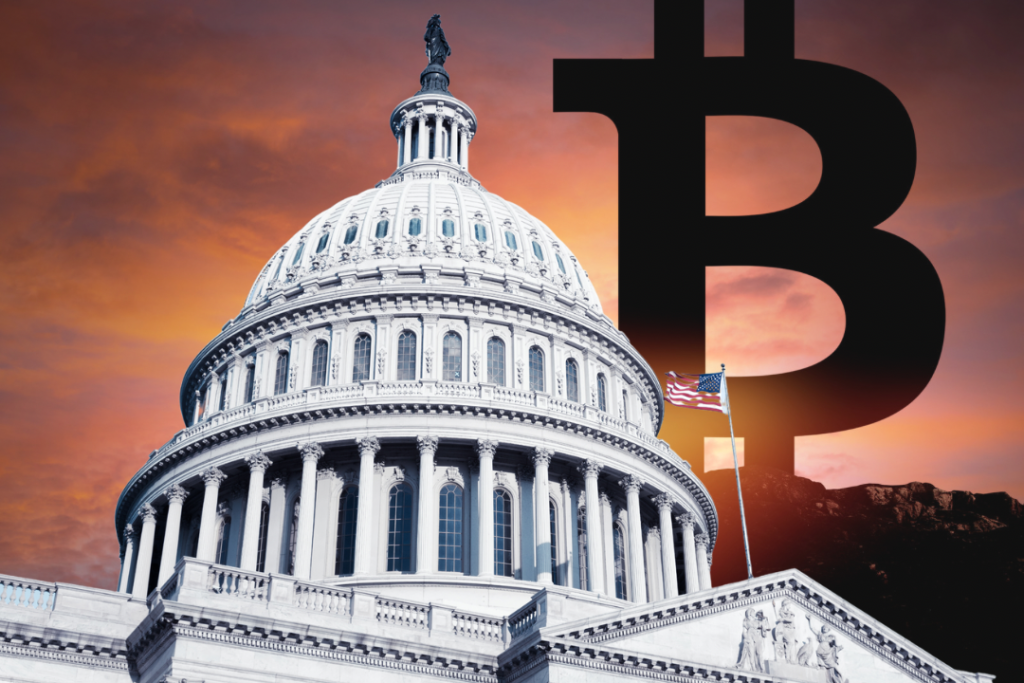
A Republican-led bill aimed at creating a comprehensive regulatory framework for digital assets in the U.S. cleared an initial hurdle on July 27, passing out of the House Agriculture Committee.
The Financial Innovation and Technology (FIT) for the 21st Century Act was co-drafted by GOP members of the Agriculture Committee and Financial Services Committee. It seeks to provide legal clarity around cryptocurrencies by specifying which agencies can regulate different types of digital assets.
Emphasis on Bipartisan Compromise
The Agriculture Committee’s debate over the bill focused heavily on bipartisanship and cooperation between the parties. Members from both sides congratulated each other for their hard work and willingness to collaborate.
However, Democrats did express some reservations about consumer protection provisions in the bill. Ranking member David Scott said the legislation lacks requirements for third-party auditing of crypto firms. He also argued it does not adequately fund the Commodity Futures Trading Commission (CFTC) to take on the expanded oversight role outlined.
Several amendments were proposed and debated to address concerns around investor confusion, provisional registration policies, disclosure requirements, and decentralized finance (DeFi) oversight. Most passed with bipartisan support after compromises were reached.
Crypto Industry Praises Committee Passage
The crypto industry applauded the Agriculture Committee’s successful markup and passage of the FIT Act.
Sheila Warren, CEO of the Crypto Council for Innovation, called it a “significant milestone” showing the need to update outdated regulations. However, she said the bill’s definition of digital assets should be narrowed for clarity.
“There is too much at risk for consumers, US competitiveness and national security to take a back seat,” Warren stated.
Other crypto advocates argued the bill would provide much-needed legal certainty for companies operating in the space. They say outdated rules have stifled innovation and prevented the U.S. from fully capitalizing on the economic potential of digital assets.
Uncertain Path Through House and Senate
Despite the bipartisan achievement of advancing the bill out of committee, significant hurdles remain before it could become law.
The FIT Act must still get scheduled for a full vote on the House floor and pass the Democrat-controlled chamber. From there, it would need to clear the 50-50 split Senate and avoid opposition from the Biden administration.
Given ongoing partisan divisions around cryptocurrencies in Congress, the outlook for the Republican-led bill remains cloudy. Democrats have introduced their own, more aggressive bills focused on consumer protection and climate measures related to crypto.
However, the successful markup keeps the FIT Act moving forward for now. Proponents hope continued bipartisan talks can lead to a compromise bill that could win enough support to be enacted. Any substantial crypto regulation would require bridging the philosophical gaps between the parties.



 Join our Telegram Channel
Join our Telegram Channel